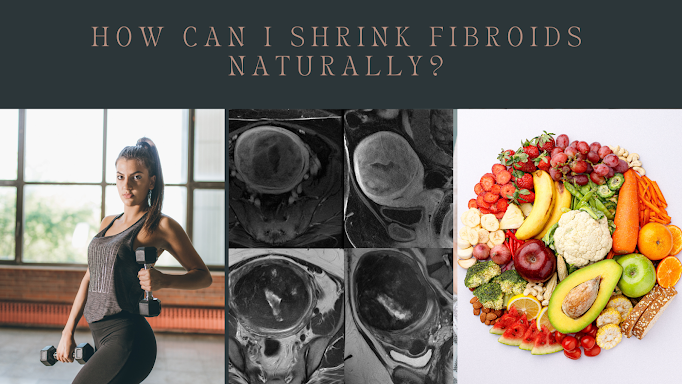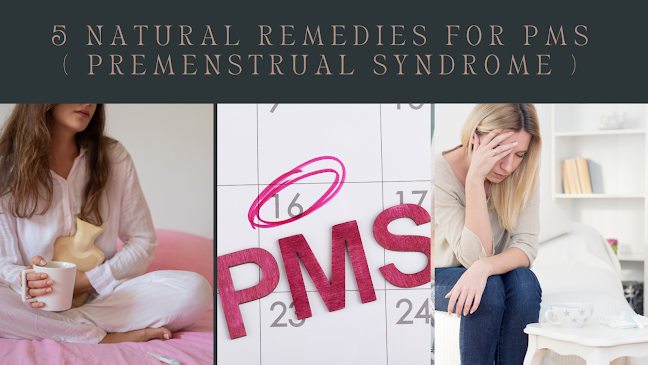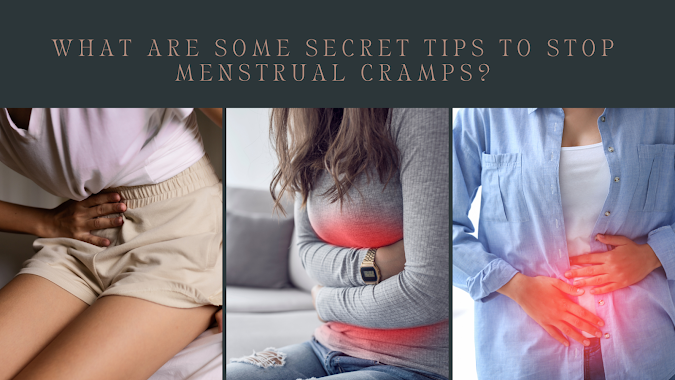Shed Pounds Like Magic: This Juice Is the Weight Loss Miracle You've Been Waiting For!

Tasty breakfast juice dissolves 62lbs of wobbly fat Millions of individuals are discovering a newfound zest for life, powered by a potent blend of ancient nutrients. Imagine waking up to a faster metabolism, boundless energy, and a body that feels rejuvenated. It's all possible with Ikaria Lean Belly Juice, a revolutionary formula designed to transform your body into a calorie-burning machine. Say Goodbye to Stubborn Fat with Ceramide Targeting Ceramides, those sneaky compounds lurking in our bodies, could be sabotaging your weight loss efforts. They trigger the accumulation of fat around vital organs, putting brakes on your metabolism and plunging you into a cycle of fatigue and weight gain. But fear not! Ikaria Lean Belly Juice is here to rescue you from this metabolic slowdown. What Are Ceramides Anyway? Ceramides are like little gremlins that usher fat into your bloodstream post-meal. This fat can cozy up around your liver, pancreas, and heart, wreaking havoc on your metaboli





